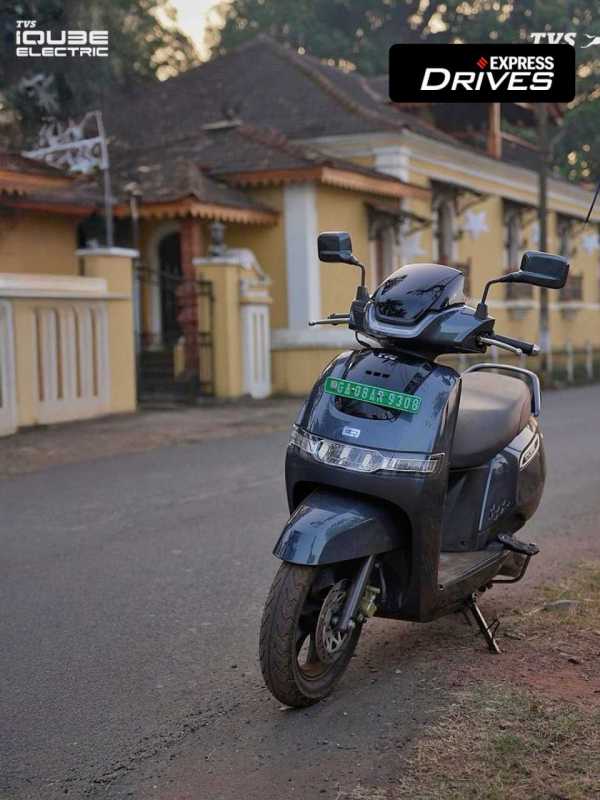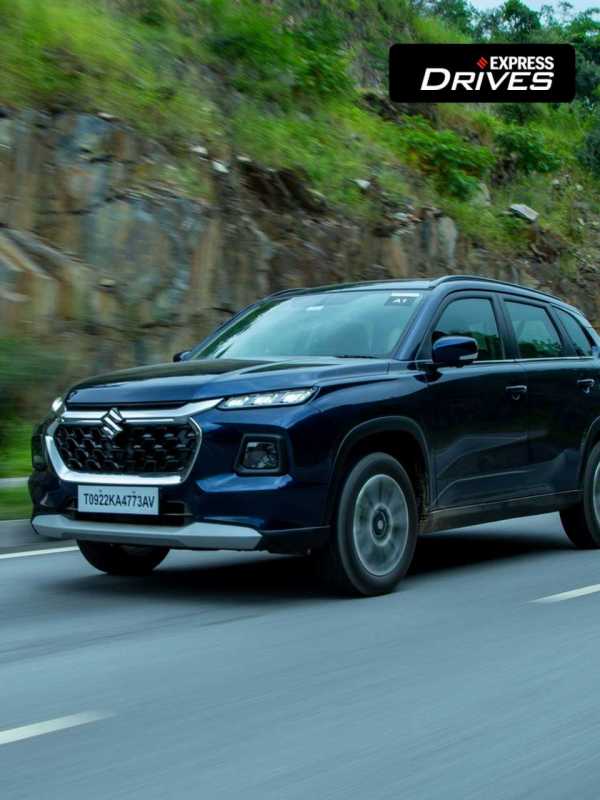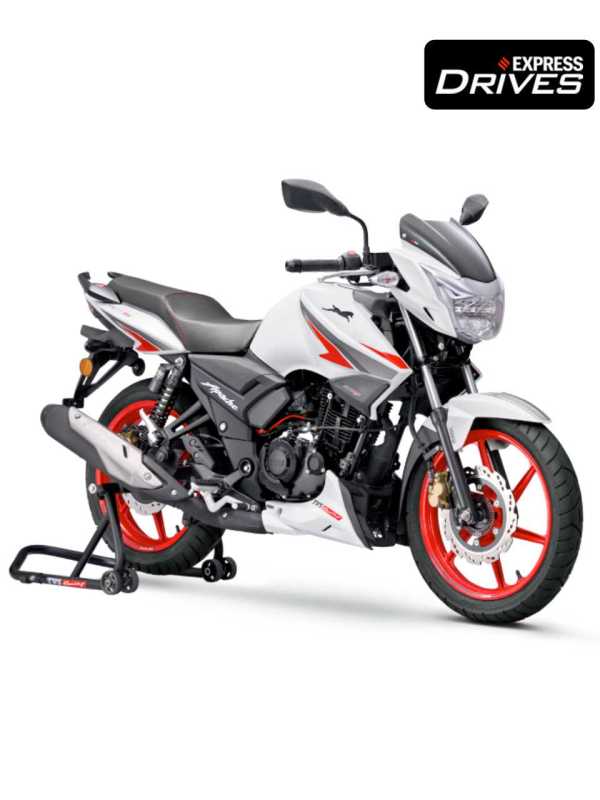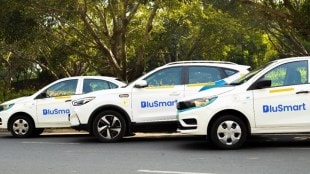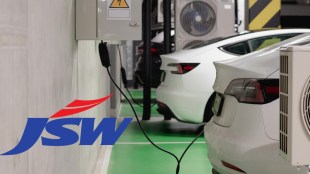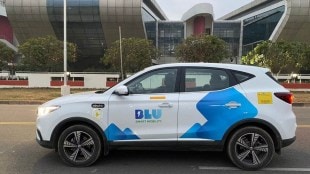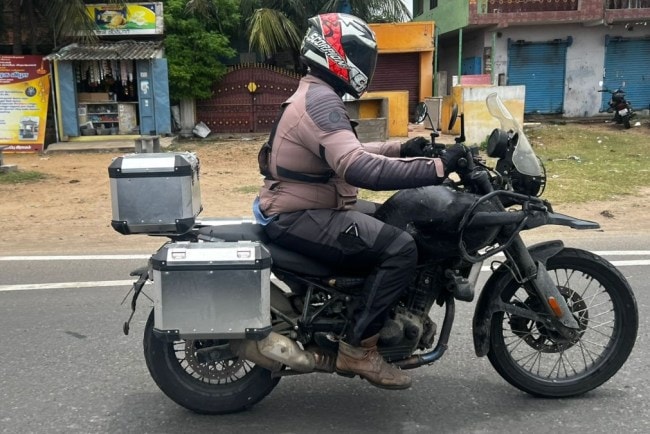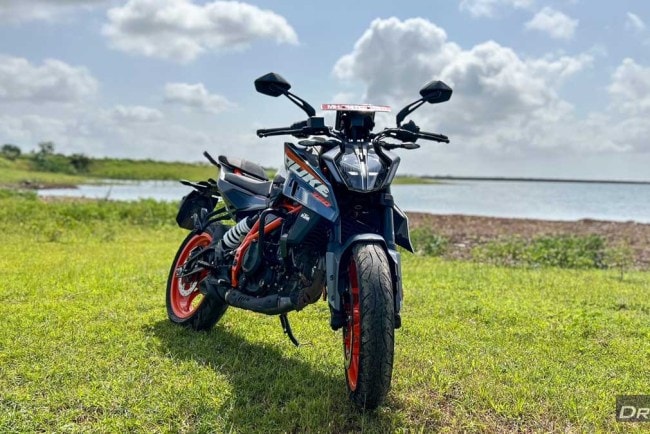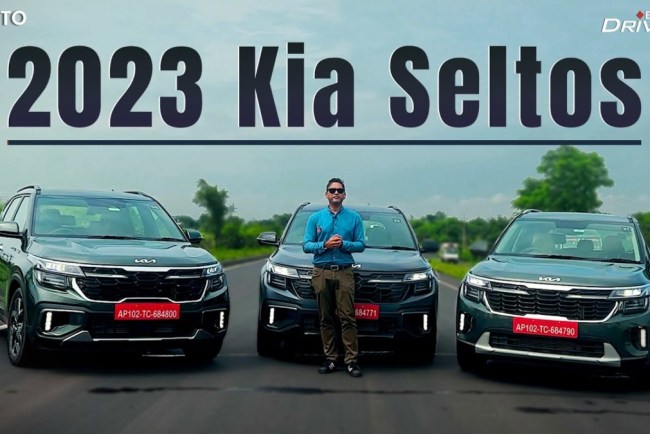The Society of Indian Automobile Manufacturers (SIAM) hosted the SIAM Automotive Sourcing Conclave 2024, themed “Towards Building a Resilient Supply Chain” to emphasise the strengthening of supply chains to support the automotive industry’s growth and align with the nation’s self-reliance goals.
SIAM conclave: Details
The conclave brought together senior government officials, automotive industry leaders, and experts from the automobile supply chain, who shared insights on enhancing supply chain sustainability, embracing innovation, and streamlining processes to drive efficiency and global competitiveness.
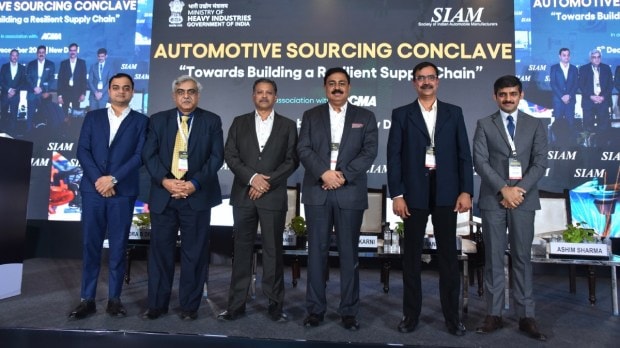
On this occasion, Dr. Hanif Qureshi, Additional Secretary, Ministry of Heavy Industries, Government of India, said, “The automotive industry is a key driver of India’s economy and Aatmanirbhar Bharat is our collective mission. With the Ministry of Heavy Industries advancing local production, R&D, and critical component investment, the supply chain is rapidly evolving. Schemes like PM eDRIVE are boosting local production and R&D, reducing import dependency, and strengthening the supply chain. In FAME1 & FAME2, we had 18 components in our list, but now after discussion, we will shortly circulate a new list with 8 to 9 parts, as others are now being manufactured in India. As of March 2024, Rs. 18,000 crore has been invested in the localisation schemes.”
Reaffirming the Government’s commitment to fostering industry growth and innovation, Vimal Anand, Joint Secretary, Department of Commerce, Ministry of Commerce and Industry, Government of India, said, “The automobile industry is a cornerstone of India’s economy, contributing significantly to the nation’s GDP. The government recognises the importance of strengthening domestic manufacturing and fostering robust supply chains, especially those involving MSMEs and local vendors in Tier 2 & 3. The Ministry of Commerce is committed to working closely with the auto industry to address specific concerns at any level of the supply chain or to adapt to new regulatory requirements. An increase in localisation content can only be driven if we have home-grown companies developing cutting-edge technologies.”
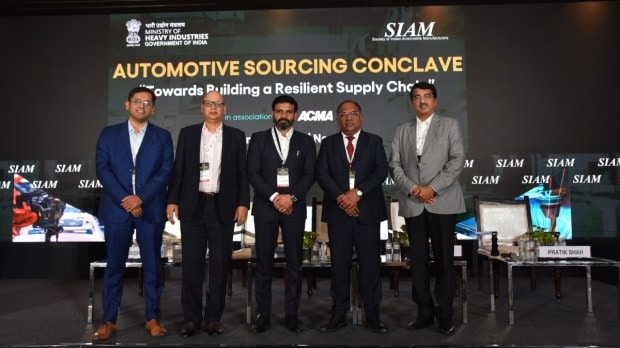
Vinod Aggarwal, Immediate Past President, SIAM and Managing Director & CEO, Volvo Eicher Commercial Vehicles, said, “In collaboration with ACMA, SIAM has actively championed Aatmanirbhar Bharat by advancing deep localisation and systematically reducing import reliance. SIAM members are committed to reducing imports to the tune of 25,000 crore in a period of 5 years. The industry has submitted a list of about 50 critical components to be sourced locally. The government’s PLI schemes have been pivotal in strengthening India’s capacity and capabilities and we are grateful for their steadfast support which is essential to remain competitive globally and resilient in the face of global uncertainties.”
Highlighting the achievements of the auto component industry, Shradha Suri Marwah, President, ACMA and Chairperson & Managing Director, Subros said, “Despite past challenges, the component industry performed incredibly well in FY2024. Our sector achieved a turnover of 74 billion of which domestic sales to OEMs have been 63 billion. The progress in the component industry reflects the collective effort of OEMs, suppliers, and all the stakeholders. ACMA’s 1,400 globally aligned plants and collaborative efforts with SIAM and the government are driving supply chain excellence. Going ahead, we have committed to partnering for another round of study to take stock of the extent of localisation, especially in the context of rising electronic content, and discuss it across the value chain.”
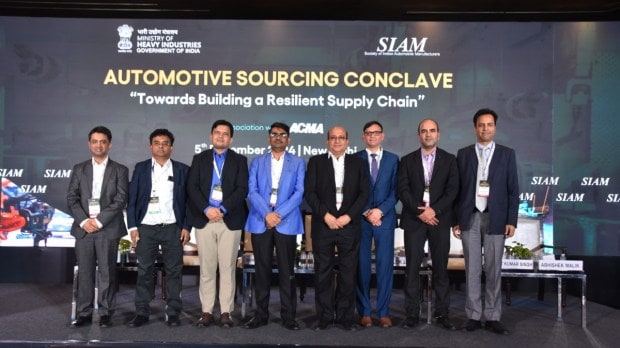
Speaking about the automotive industry’s remarkable progress, Sunil Kakkar, Chairman SIAM Aatmanirbhar Bharat Sourcing Group and Senior Executive Director, Corporate Planning, Maruti Suzuki India, said, “Despite challenges like the pandemic and global uncertainties, India’s automotive industry has flourished, contributing 35% to manufacturing GDP and producing 2.8 crore vehicles annually. Under the Make in India initiative, the auto industry achieved a net import reduction of 7000 crore surpassing the initial target. With a focus on localisation and government support, OEMs and component manufacturers can collectively build a resilient supply chain that propels us toward a Viksit Bharat by 2047.”
Sachin Kulkarni, Co-Chairman SIAM Aatmanirbhar Bharat Sourcing Group and Executive Director – Corporate Procurement & Member of the Board, Skoda Auto Volkswagen India said, “The joint efforts of SIAM, ACMA, the government of India and stakeholders have helped Indian auto industry commit to localisation and build a resilient supply chain. The industry is also deeply focused on environmental responsibility with SIAM and ACMA working tirelessly to meet the government’s quality standards and reduce oil imports by developing various powertrains based on alternative fuels.”







